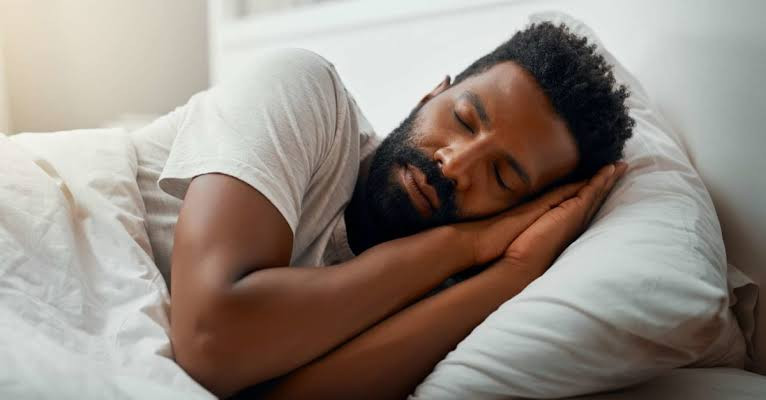
According to a recent study, those who regularly napped had a 24% higher probability of having a stroke and a 13% higher chance of getting high blood pressure.
Participants under the age of 60 in the Chinese study who indicated they typically napped had a 20% increased risk of high blood pressure compared to those who claimed they never napped.
“These results are especially interesting since millions of people might enjoy a regular, or even daily nap,” says E. Wang, a professor and chair of the Department of Anesthesiology at Xiangya Hospital Central South University, and the study’s corresponding author said in a news release.
For the study, researchers recruited more than 500,000 participants from the U.K. Biobank between the ages of 40 and 69 who lived in the U.K. between 2006 and 2010 to provide blood, urine and saliva samples and lifestyle details. Researchers conducted a napping frequency survey four times between 2006 and 2019.
They categorized participants into groups based on napping frequency — “never/rarely,” “sometimes,” or “usually —then analyzed the association of napping and first-time reports of stroke with an average follow-up of 11 years.
Results showed if napping frequency increased by one category, the risk of high blood pressure increased by 40 percent.
“This may be because, although taking a nap itself is not harmful, many people who take naps may do so because of poor sleep at night. Poor sleep at night is associated with poorer health, and naps are not enough to make up for that,” said Michael A. Grandner, a sleep expert and co-author of the American Heart Association’s new Life’s Essential 8 cardiovascular health score.
“This study echoes other findings that generally show that taking more naps seems to reflect increased risk for problems with heart health and other issues.”
“In addition, advances in ways to measure sleep, such as with wearable devices, now offer people the ability to reliably and routinely monitor their sleep habits at home.”
